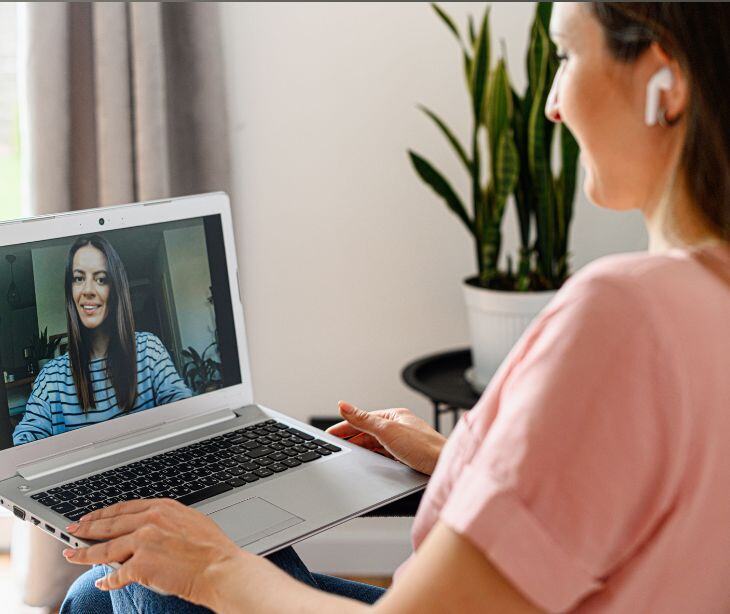
Online psychological interventions have surged in recent times, especially after the COVID-19 pandemic. When the world was compelled to adapt to remote solutions these became lifesavers for many who reached out for mental health support.
While there is increasing consensus that the tools do work, the experiences of the therapists who use these platforms remain a grossly under-explored area within the research and public discourse.
So far, studies show that therapists are mostly accepting of online counseling. A qualitative study on therapists' experiences of providing online counseling delved into these experiences, giving us a comprehensive insight into how therapists adapt and develop their online practices.
Two core themes emerged from this study, based on data from semi-structured interviews with five experienced therapists:
- Environmental adaptation
- Practice enhancement
Environmental adaptation
Traditional therapy relies on the environment to provide a trusting and comfortable setting. Online, however, counselors face new challenges. According to one of the therapists studied, "We have to be more mindful of our presence. It's harder to read body language or subtle cues online, but you have to trust the client's words more."
So, the adaptation is about changing how therapy is done and how therapists must rethink how they connect with their clients. Shifting to video or chat platforms requires an even more intentional focus on rapport-building and creating a therapeutic space despite the physical distance.
Practice enhancement
The second theme, practice enhancement, captures the opportunities for growth in online therapy. In this sense, some therapists state that technology has enhanced their practice.
"If there is background noise or if someone walks in, you get to see the effect it has on them; and then that shows you a different element of their relationships, and then you can start exploring something from a different perspective. So, it's something very fresh and raw that, alive, that you can bring into a session,” explains a therapist in the abovementioned study.
An observation of this sort contradicts the traditional view of the therapeutic relationship being available only when there is a physical presence. Technology has opened new possibilities for therapists to gain insights and deepen their understanding of their clients, leading to more effective therapy sessions.
“There's that exchange of energy which is really important, and I'm able to sense that even across the internet and, yes, it doesn't always happen in the first session; but, as you get to know the nuances of your client, you start to feel much more,” another therapist explains.
What are the downfalls of online therapy?
Despite these advantages, however, the study also points to challenges therapists face when doing their sessions online: a lack of physical cues, technical glitches, and the impersonality of screens sometimes work against the therapeutic process. "It's difficult to spontaneously draw a specific diagram or chart or something like that, although there is a workaround for some different programs you could use, it's slightly different. It's just about being practical with the tools at your disposal,” one therapist said.
While mental health professionals are continually working their way through this fast-evolving landscape, the findings of this study equally call for improved training and awareness. Skill-building for online counseling, like incorporating HIPAA compliant email-based therapy, reading emotional cues during virtual sessions, and handling technical disruptions, could make all the difference in the field.
The pandemic made us embrace telehealth perhaps sooner than we might have wanted, but technology still has the potential to make therapy more inclusive, flexible, and effective.
Learn more: HIPAA Compliant Email for Mental Health Professionals
FAQs
Does HIPAA apply to mental health information?
HIPAA sets standards for protecting the confidentiality, integrity, and availability of protected health information (PHI), including mental health records.
Can HIPAA compliant emails include personalized mental health support?
Yes, providers can use HIPAA compliant emails to send personalized mental health resources, self-care tips, and educational materials directly to patients.
How does HIPAA apply to minor patients' mental health information?
HIPAA permits healthcare providers to disclose a minor's health information to the appropriate authorities, such as child protective services or law enforcement when they have a reasonable belief that the minor is a victim of child abuse or neglect.


%20(83).jpg)
%20(94).jpg)
